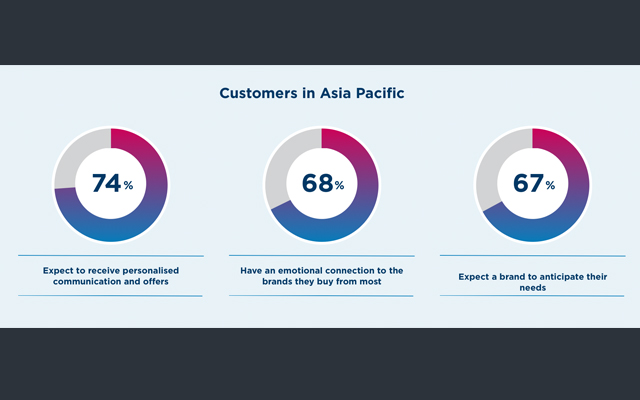New research from Collinson that looks at customer engagement and loyalty in Asia-Pacific has identified a strong lure of travel-related rewards or benefits, and the opportunities they bring to financial services brands that are keen to drive better commercial returns.
The New Rules of Engagement: Customer Expectations Revealed report, which surveyed 4,750 respondents across 10 markets in Asia-Pacific, saw mass consensus (93%) among respondents that the availability of such rewards is what encourages them to engage regularly with a brand. This sentiment is strongest among respondents in Vietnam (97%), Thailand (94%) and Malaysia (90%).

Most (78%) consumers are also motivated to use their payment cards for travel expenses if the cards offer travel-related rewards or benefits. This trend is especially apparent among consumers from Malaysia (84%), India (83%), Vietnam (82%), Thailand (81%), China and Hong Kong (both 80%).
Meanwhile, 75% are more likely to use their card for everyday expenses, when travel rewards and benefits are available. This sentiment is strongest among consumers from India (83%), Vietnam (82%), Hong Kong SAR (81%), Malaysia (81%) and China (79%). Within this group, millennial consumers make up the largest segment.
Among travel-related rewards, airport lounge access is the most appealing among Asia-Pacific respondents in the Millennials, Gen X and Boomer age segments; access to airport transit hotels placed first for Gen Z respondents.
Millennials, Gen X and Boomer respondents in the region identified access to airport transit hotels as their second favourite perk.
The appeal of airport lounge access strongly correlates with age and income, stated the report. For financial services’ consumers, for example, Collinson found that older and more affluent consumers are more likely to rank this benefit as most appealing – and are willing to pay more for it. 74% of Gen X consumers, for example, expect to be offered airport lounge access as a reward on a premium payment card.
Rohan Bhalla, vice president, business solutions, Asia-Pacific, Collinson, said: “Travel rewards have the power to impact across the entire customer journey from acquisition to engagement and even retention. The high perceived value associated with travel related rewards and benefits makes them a key strategic, value proposition to influence customer behaviour and drive long-term loyalty.
“By drawing on a deep understanding of their customers and key touch points along the buying journey, brands can tailor their communications, offers and rewards to ensure these are relevant. That way, they will be better able to build engagement and loyalty over time.”
When asked if travel perks have the same strong appeal for consumers engaging with travel and tourism companies, which are already selling the same experiences, Todd Handcock, global chief commercial officer and president Asia-Pacific at Collinson, answered in the affirmative.
Bhalla told TTG Asia that travel and tourism companies build status into their loyalty and reward programmes, with the pinnacle of most aspirational rewards often being a travel perk, such as an airline ticket redemption, room upgrade or access to an exclusive lounge.
“Travel and tourism companies are successfully building aspirational value into their travel benefits. The other thing they are doing, is to take the same aspirational value to the lower tier of programme status, the broader segments, and giving these customers a taste of (the top) experience at a price or as a surprise,” detailed Bhalla.
With consumers being part of seven different loyalty programmes on average, Bhalla emphasised the need for companies to continuously review their engagement strategy and pay heed to “predictable personalisation”, which he defined as knowing the customer, showing the customer that he/she is valued, and engaging the customer in relevant ways.




















